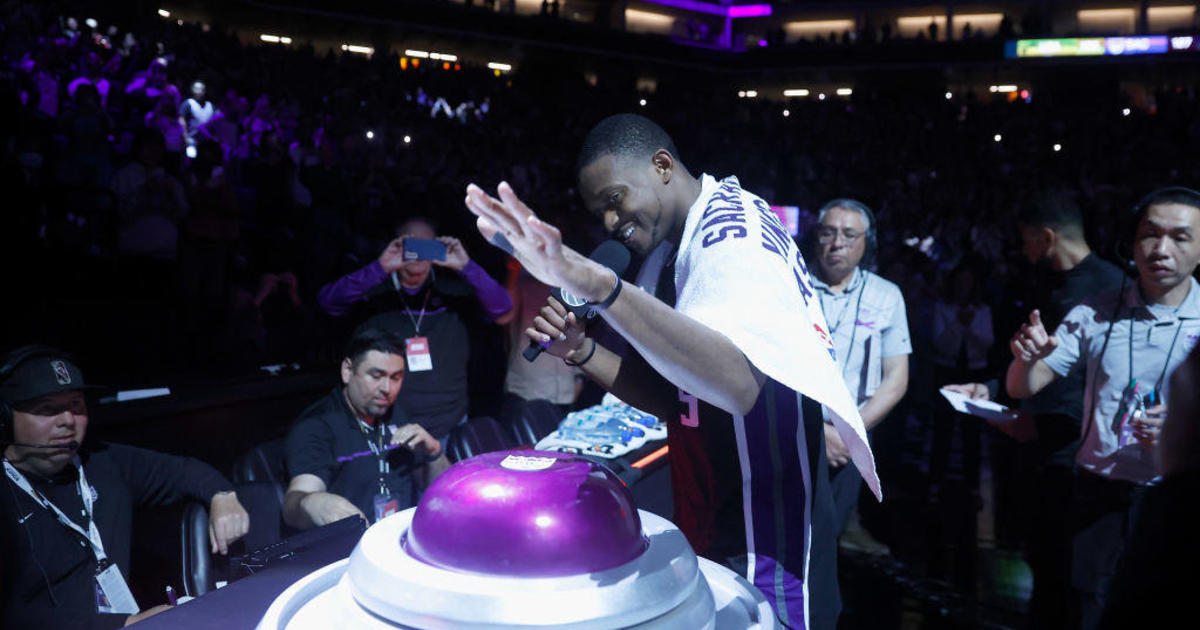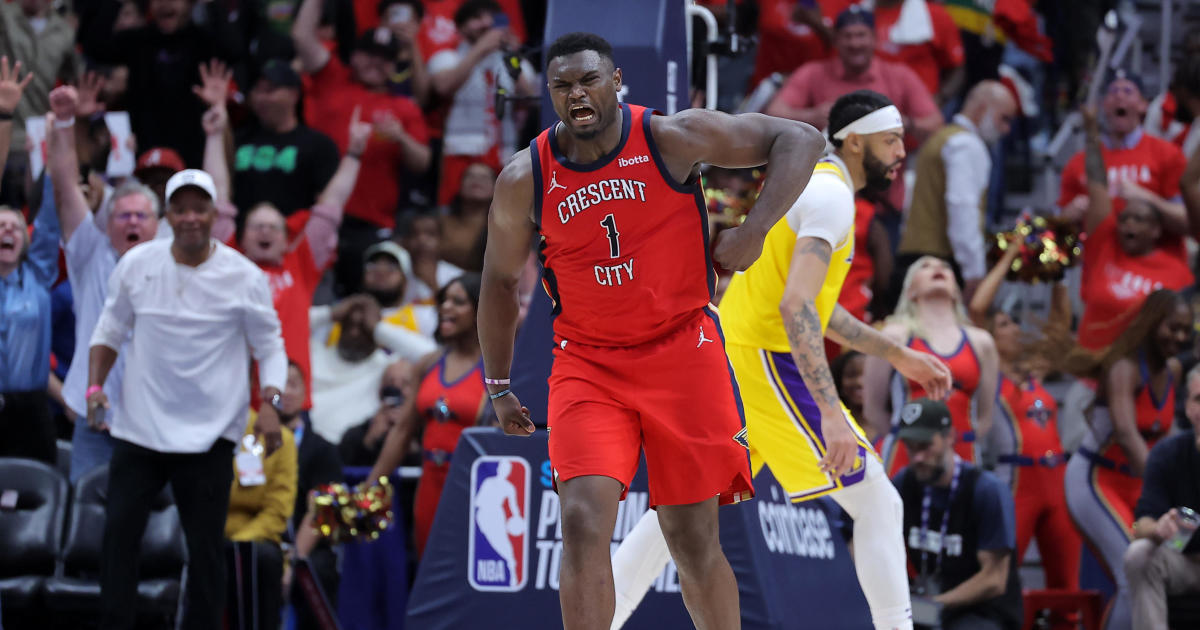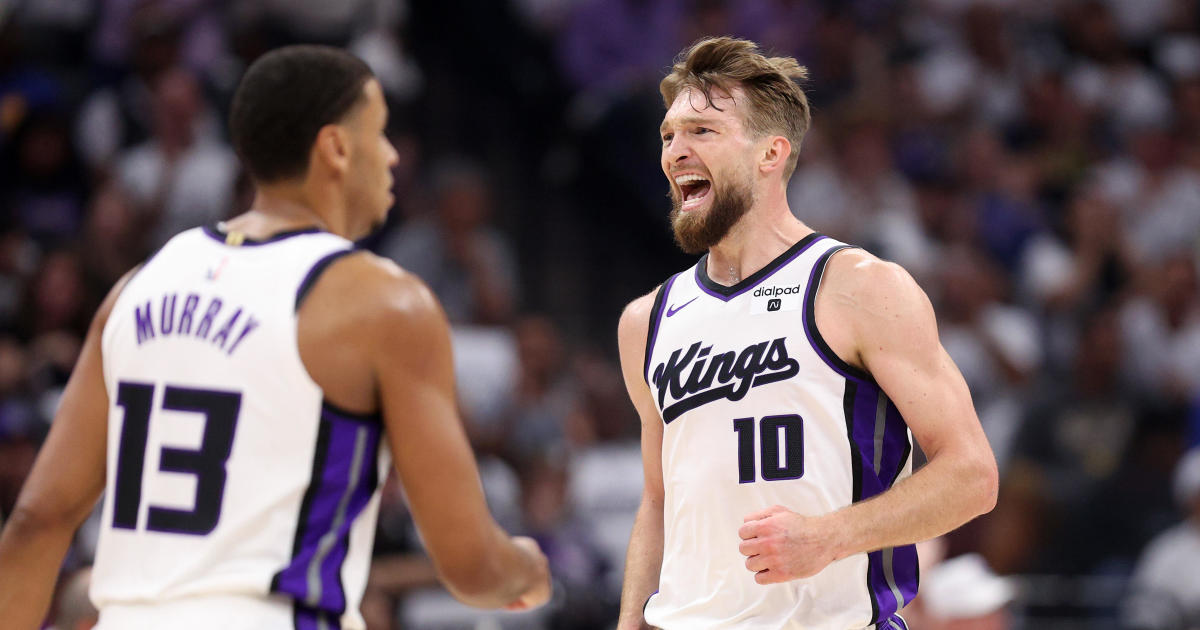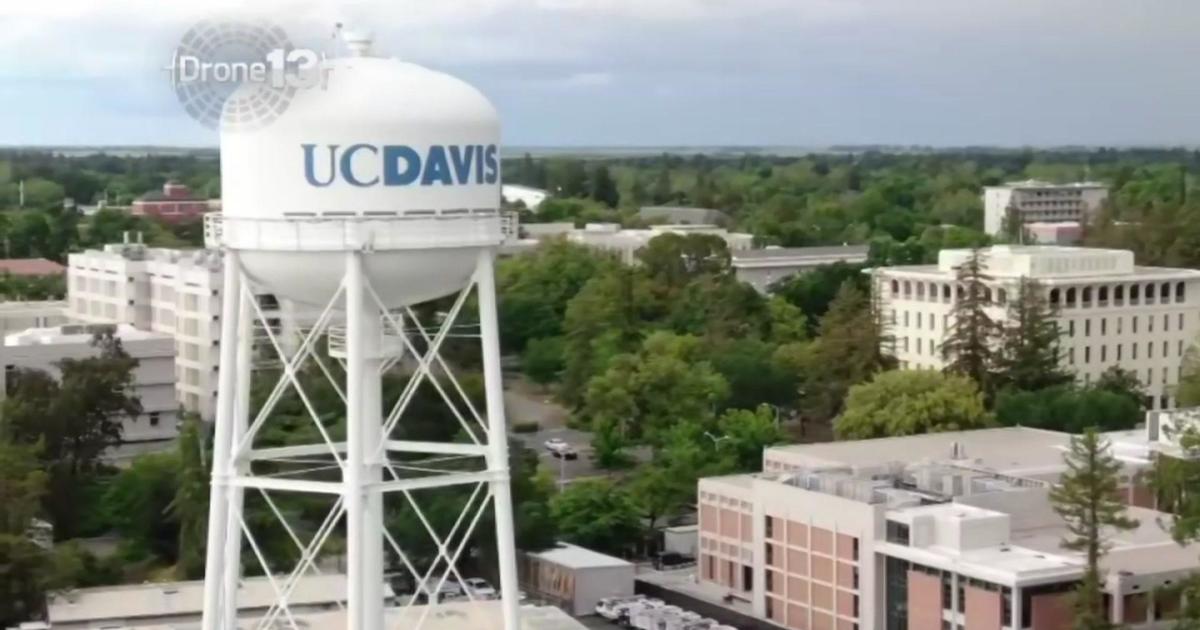Does The End Of A College Basketball Game Take Too Long?
By Andrew Kahn
When do 60 seconds last 10 minutes? Unfortunately, this isn’t a riddle. The answer is “the end of a close college basketball game.” A parade of replay reviews, timeouts, and free throws can turn what should be an exciting finish into a mind-numbing crawl. The game needs fixing, but coaches don’t recognize that it’s broken.
I spoke with more than 10 coaches this past week about the final minute of close games and found a near-unanimous approval of the status quo as it relates to replay reviews and timeouts. Only one voiced dissent about replays (perhaps not coincidentally, the lone assistant interviewed) and just one other would be in favor of fewer timeouts.
By far the most common refrain from coaches regarding replay reviews was, “The most important thing is that we get the call right.” If games last a little longer because of it, “so be it.” Taking an anti-replay stance is unpopular. After all, who would vote for more incorrect calls? Basketball is a fast game, and a video review can usually determine whether a basket was a two- or three-pointer or which team touched the ball last before it went out of bounds. But at what cost?
“There is a trade-off as far as the flow of the game,” admits St. John’s head coach Steve Lavin, though not enough of one for him to consider limiting replay. “It makes sense to not cheat the athletes from getting the call right.”
Sensing my stance on the topic, Purdue head coach Matt Painter, who supports replay, told me, “Your point is well taken—there’s no doubt that games can get to be very long at the end.” A Deadspin study on last year’s NCAA Tournament games showed the final minute was taking up a far larger percentage of the game’s total time than each of the previous 39 minutes, with the figure skyrocketing in close games. The last minute of the Wisconsin-Oregon game took 15 minutes of real time. In a less scientific study, Sports On Earth looked at this phenomenon in 2013 and found similar results.
Timeouts are a big factor as well. Each team gets five per game, one of which must be used (or lost) before halftime. With a television stoppage at least every four minutes, both coaches often enter the final minute with multiple timeouts. Most coaches balk at the suggestion of reducing timeouts, as they prefer coordinating strategy in late-game situations. They are coaches, after all.
What they fail to realize is that limiting timeouts would improve the sport. What would you rather watch with the game on the line: Teams trading possessions with no interruptions or a stoppage every time a ball handler passes half court? Northwestern head coach Chris Collins, who has international basketball experience as a player and coach, says he’d prefer if college hoops adopted the international rule and abolished live-ball timeouts. “If a guy is smothered in the corner or there’s a loose ball, not being able to call a timeout would force players to learn how to make plays in those situations. It would quicken the game a bit.”
To the NCAA’s credit, reducing timeouts or limiting them to dead ball situations, as well as reducing the shot clock, will all be discussed later this year as potential rules changes. As for as implementation, I’ll believe it when it happens.
Anyone who says college basketball is great as is—and several coaches said just that—are missing the point. College basketball is great and no amount of replays and timeouts will turn March’s madness into monotony. But it can and should be improved.
Andrew Kahn is a regular contributor to CBS Local who also writes for Newsday and The Wall Street Journal. He writes about college basketball and other sports at AndrewJKahn.com. Email him at andrewjkahn@gmail.com and follow him on Twitter at @AndrewKahn.



